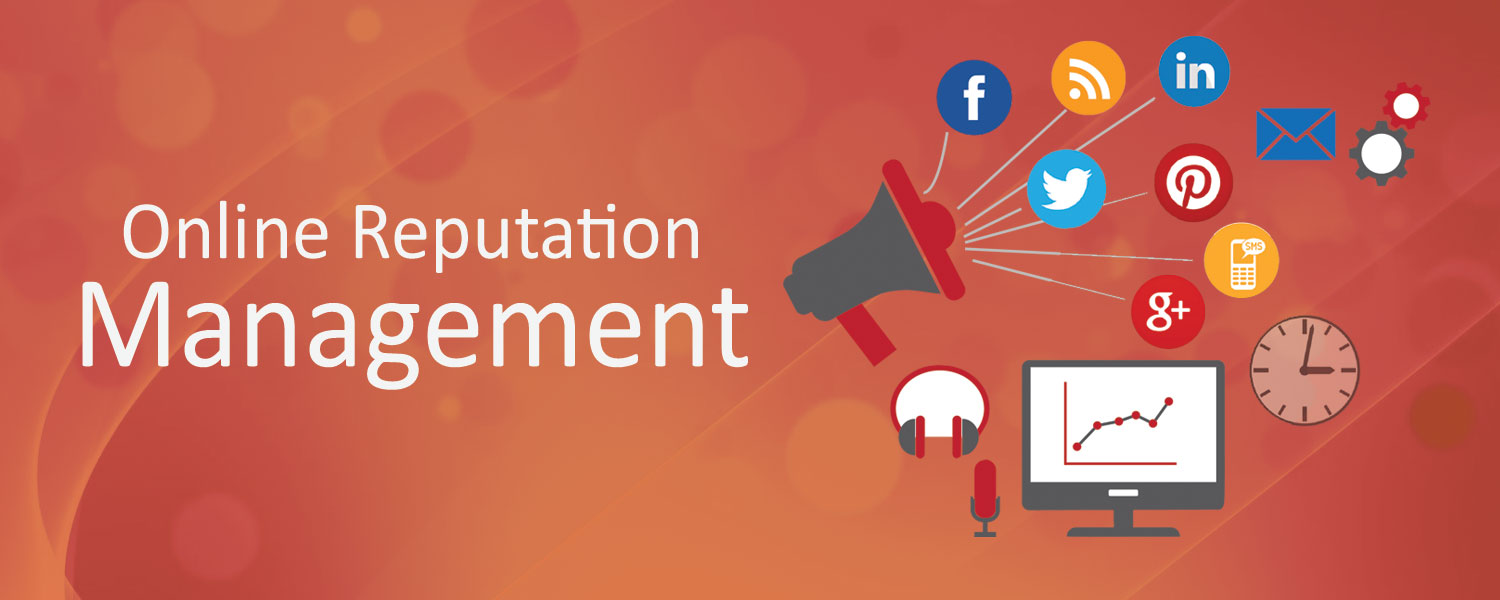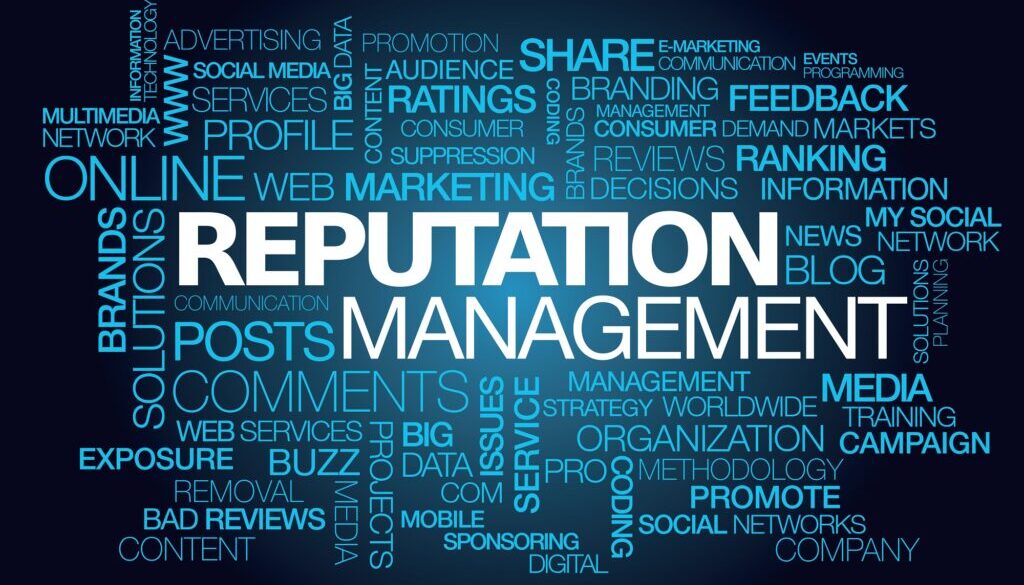What is Online Reputation Management and Why is it Important?
Importance of Online Reputation Management
The impact of the internet on the way we live our lives is undeniable. Whether it be for entertainment, education, or socialization, the internet has had a profound effect on the way we live our lives. This includes how we manage our personal and professional reputations. In the past, your reputation would be closely guarded among your immediate circles and the people you work with. Nowadays, the internet has democratized the way we create, manage, and share our reputations.
Online reputation management is the practice of monitoring, managing, and influencing the online reputation of an individual or organization. It is important because a positive online reputation can lead to increased sales, trust, and loyalty from customers, while a negative online reputation can lead to decreased sales, trust, and loyalty.
Online reputation management can involve monitoring online mentions of a name, brand or product, as well as responding to any negative comments or reviews.
Online reputation management is becoming increasingly important as more and more people turn to the internet to find information about businesses and individuals. A good online reputation can help to build trust and credibility with potential customers, and can be a valuable asset for businesses. Conversely, a bad online reputation can have a negative impact on business, brand or individual reputation.

There are a number of ways to improve or manage an online reputation, including:
– Monitoring online mentions of your name or brand
– Responding to any negative comments or reviews
– Creating positive content about your business or brand
– Using social media to build a positive online presence
– Building links to positive content from authoritative websites

There are a number of reasons why online reputation management is important. First and foremost, a positive online reputation can help a business or individual attract new customers and clients. In addition, a negative online reputation can have a negative impact on business or individual, leading to a loss of customers or clients, and in some cases, even legal action.
It can help a business or individual to respond to negative publicity online. By monitoring the internet for any mention of the business or individual, the business or individual can address any negative publicity as quickly and effectively as possible.
Online reputation management can involve the use of search engine optimization (SEO), social media, and other online marketing techniques to improve the visibility and reputation of a website or individual online.
The internet has become the primary source of information for many people. As a result, the public’s perception of a person or organization is often shaped by what they find online.
Second, the internet is a public forum, and any information that is posted online is available to anyone who wants to find it. This means that a negative or inaccurate article about a person or organization can have a negative impact on their reputation.
Finally, the internet is a fast-moving medium, and information can spread quickly online. This means that a negative incident or story about a person or organization can have a long-lasting impact on their reputation.
Online reputation management is therefore important because it can help to protect a person or organization’s reputation online. It can help to ensure that the public sees the most positive and accurate information about individual or brand.
Online reputation management can involve anything from monitoring social media sites to tracking online reviews to disavowing negative content.
Online reputation management (ORM) is the process of monitoring and managing the online reputation of a person, company, or brand. Online reputation management can involve monitoring online reviews, social media, and other online platforms where information about a person or company can be found. ORM can also involve taking action to improve the online reputation of a person or company by removing or responding to negative content online.
online reviews can impact a company’s bottom line. A study by Harvard Business School found that a one-star increase in a company’s Yelp rating leads to a 5-9% increase in revenue. Second, online reputation can impact a person’s ability to find a job. A study by CareerBuilder found that 58% of employers use social media to screen candidates, and that 30% of employers have rejected candidates based on their online reputation. Finally, online reputation can impact a person’s ability to get a loan. A study by LendingTree found that a person’s credit score can be impacted by their online reputation.
Online reputation management improves an individual or organization’s online reputation by proactively creating and publishing content that is positive and promotes them online.
Online reputation management can involve monitoring online reviews, social media, and other online platforms where information about a person or company can be found. It can also involve taking steps to improve a person or company’s online reputation by removing or suppressing negative content.
It can be important for a variety of reasons, including protecting against negative publicity, increasing the visibility of positive information, and preventing damage to the organization’s brand.
most obvious reason is that it can help you protect your brand’s reputation. If you are able to control what people are saying about you online, you can avoid any potential damage to your reputation.
There are a number of different ways to manage your online reputation, and the right approach depends on the nature of the negative information that is circulating about you. If the information is inaccurate or outdated, you may be able to correct it with a little SEO and content marketing. If the information is damaging but true, you may need to focus on damage control and engaging with your audience on social media.
No matter what approach you take, it is important to stay on top of your online reputation and respond to any negative comments quickly and professionally.
Online reviews are now a key part of the purchasing process. According to a study by Bright Local, 88% of consumers trust online reviews as much as personal recommendations. In addition, a negative review can have a significant impact on an individual or organization’s bottom line.
Any negative mention can then be addressed quickly and effectively to minimize any potential damage to the individual or brand’s reputation.
Now a day’s large number of users are using Internet to find information about individuals and brands. A recent study showed that 92% of people trust online reviews as much as personal recommendations, making online reviews one of the most important factors in a person’s purchasing decisions.
Online reputation management can help an individual or organization maintain a positive online reputation by tracking what is being said about them online, responding to negative comments, and taking steps to improve their online image. It is important because online reviews and comments can influence purchasing decisions and the overall success of a business.
Online reputation management protects an individual or organization’s online reputation by monitoring what is being said about them online and taking action to improve their reputation if necessary.



